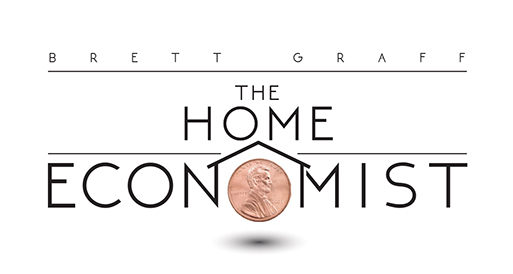Hey kids, if you’re not going to listen to your parents, at least listen to researchers at Harvard University. They know you’ve toned down your selfie-taking on social media sites, having heeded our warnings that the internet is public, permanent and checked by 93 percent of job recruiters before hiring (let’s not ask about the other 7 percent and simply assume they’re not filling jobs you want.) But what you young people haven’t done is the stopping taking selfies in chat platforms that promise your picture is temporary, and that’s becoming a big problem…..for your future.
You know that snapchat or Instagram story you find adorable and soon-to-be-over? It’s longer lasting than you realize. First, the researchers found that when you think your picture will disappear, you’re more likely to take selfies that are “uninhibited,” meaning you’ll make a silly or unusual face, like sticking out your tongue, using an object as a prop, or exhibiting nudity, drinking, or drug use.
“The impression that a temporarily shared selfie makes does not disappear when the [photo] disappears,” says Leslie K. John, the Marvin Bower Associate Professor at Harvard Business School.
Given the “illusion of intimacy” these social media sites create, you are often deceived about who sees your “temporary” post, John says. In follow-up surveys, the researchers found that many people who share temporary selfies have their settings set for wide public viewing: 29 percent on Snapchat, 22 percent on Facebook, and a whopping 58 percent on Instagram. Plus, it’s important to note that some supposedly disappearing photos can be saved by the recipient using screen-capture software.
And here’s the worst part, you’re just left an even more permanent and ugly impression on the viewer. Because of the riskiness of your pose, the impression will last longer on the brain and you could be out of the job you so badly wanted — all to impress your friends and followers.








Leave A Comment